Filter by
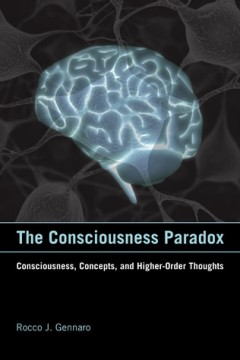
The Consciousness Paradox: Consciousness, Concepts, and Higher-Order Thoughts
"A Bradford Book."This publication presents a defense of a version of the higher-order thought (HOT) theory of consciousness with special attention to such topics as concepts and animal consciousness.OCLC-licensed vendor bibliographic record.
- Edition
- -
- ISBN/ISSN
- 9780262298582
- Collation
- 1 online resource (x, 378 pages).
- Series Title
- -
- Call Number
- -
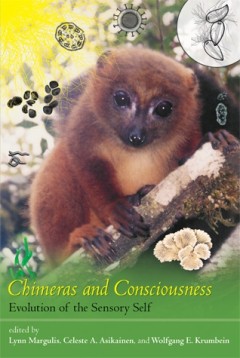
Chimeras and Consciousness: Evolution of the Sensory Self
This title begins the inquiry into the evolution of the collective sensitivities of life. Scientist-scholars from a range of fields - including biochemistry, cell biology, history of science, family therapy, genetics, microbial ecology, and primatology - trace the emergence and evolution of consciousness.
- Edition
- -
- ISBN/ISSN
- -
- Collation
- 1 online resource (xviii, 321 pages, 8 unnumbered pages of plates
- Series Title
- -
- Call Number
- -
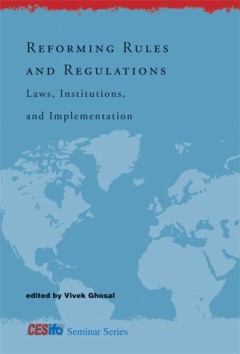
Reforming Rules and Regulations: Laws, Institutions, and Implementation
Contributors examine how regulatory & institutional environments affect the functioning of markets & propose reforms, arguing that quantitative methods should be used to guide policy & to reform rules & regulations. These essays offer methodologies for the assessment of policy alternatives.OCLC-licensed vendor bibliographic record.
- Edition
- -
- ISBN/ISSN
- 9780262289412
- Collation
- 1 online resource (x, 316 pages) :illustrations, maps.
- Series Title
- -
- Call Number
- -
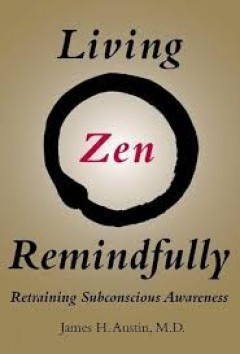
Living Zen Remindfully: Retraining Subconscious Awareness
"This is a book for readers who want to probe more deeply into mindfulness. It goes beyond the casual, once-in-awhile meditation in popular culture, grounding mindfulness in daily practice, Zen teachings, and recent research in neuroscience. In Living Zen Remindfully, James Austin, author of the groundbreaking Zen and the Brain, describes authentic Zen training--the commitment to a process of r…
- Edition
- -
- ISBN/ISSN
- 9780262336475
- Collation
- 1 online resource
- Series Title
- -
- Call Number
- -
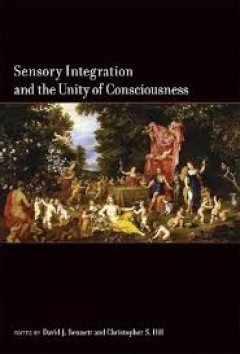
Sensory integration and the unity of consciousness
In this volume, cognitive scientists and philosophers examine two closely related aspects of mind and mental functioning: the relationships among the various senses and the links that connect different conscious experiences to form unified wholes. Contributors address a range of questions concerning how information from one sense influences the processing of information from the other senses an…
- Edition
- -
- ISBN/ISSN
- 9780262319270
- Collation
- 1 online resource (x, 409 pages) :illustrations
- Series Title
- -
- Call Number
- -
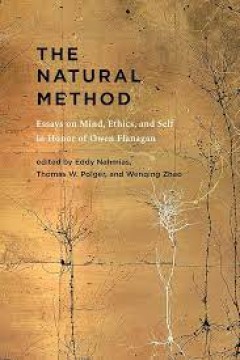
The natural methodessays on mind ethics and self in honor of Owen Flanagan
Description based upon print version of record.Includes index.OCLC-licensed vendor bibliographic record.
- Edition
- -
- ISBN/ISSN
- 9780262358507
- Collation
- 1 online resource (200 p.)
- Series Title
- -
- Call Number
- -
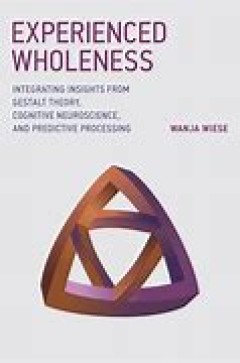
Experienced Wholeness: Integrating Insights from Gestalt Theory, Cognitive Ne…
An interdisciplinary account of phenomenal unity, investigating how experiential wholes can be characterized and how such characterizations can be analyzed computationally. How can we account for phenomenal unity? That is, how can we characterize and explain our experience of objects and groups of objects, bodily experiences, successions of events, and the attentional structure of consciousness…
- Edition
- -
- ISBN/ISSN
- 9780262343275
- Collation
- 1 online resource
- Series Title
- -
- Call Number
- -
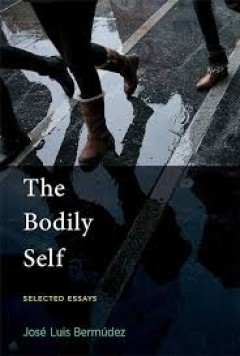
The bodily self :selected essays on self-consciousness
"These essays explore how the rich and sophisticated forms of self-consciousness with which we are most familiar -- as philosophers, psychologists, and as ordinary, reflective individuals -- depend on a complex underpinning that has been largely invisible to students of the self and self-consciousness. Jos?e Luis Berm?udez, extending the insights of his groundbreaking 1998 book, The Paradox of …
- Edition
- -
- ISBN/ISSN
- 9780262344661
- Collation
- 1 online resource (viii, 303 pages) :illustrations
- Series Title
- -
- Call Number
- -
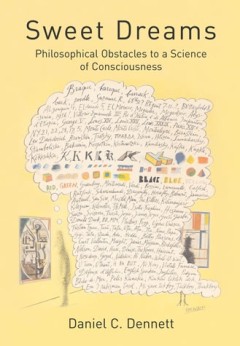
Sweet Dreams: Philosophical Obstacles to a Science of Consciousness
"A Bradford book."In the years since Daniel Dennett's influential Consciousness Explained was published in 1991, scientific research on consciousness has been a hotly contested battleground of rival theories--"so rambunctious," Dennett observes, "that several people are writing books just about the tumult." With Sweet Dreams, Dennett returns to the subject for "revision and renewal" of his theo…
- Edition
- -
- ISBN/ISSN
- 9780262271530
- Collation
- 1 online resource (xiii, 199 pages) :illustrations.
- Series Title
- -
- Call Number
- -
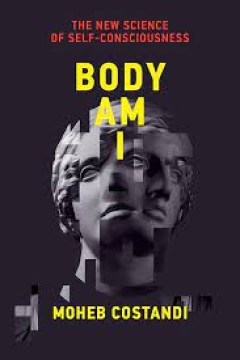
Body Am I: The New Science of Self-Consciousness
"Costandi explains the neuroscience behind how we view our selves and our bodies, drawing from neurological studies on our sense of agency and free will, the neural correlates of mental representations, mirror neurons, and how the brain perceives timing and sensory consequences. He explores case studies of amputees with phantom limb syndrome, people with Body Integrity Identity Disorder (who ha…
- Edition
- -
- ISBN/ISSN
- 9780262368711
- Collation
- 1 online resource
- Series Title
- -
- Call Number
- -
 Computer Science, Information & General Works
Computer Science, Information & General Works  Philosophy & Psychology
Philosophy & Psychology  Religion
Religion  Social Sciences
Social Sciences  Language
Language  Pure Science
Pure Science  Applied Sciences
Applied Sciences  Art & Recreation
Art & Recreation  Literature
Literature  History & Geography
History & Geography